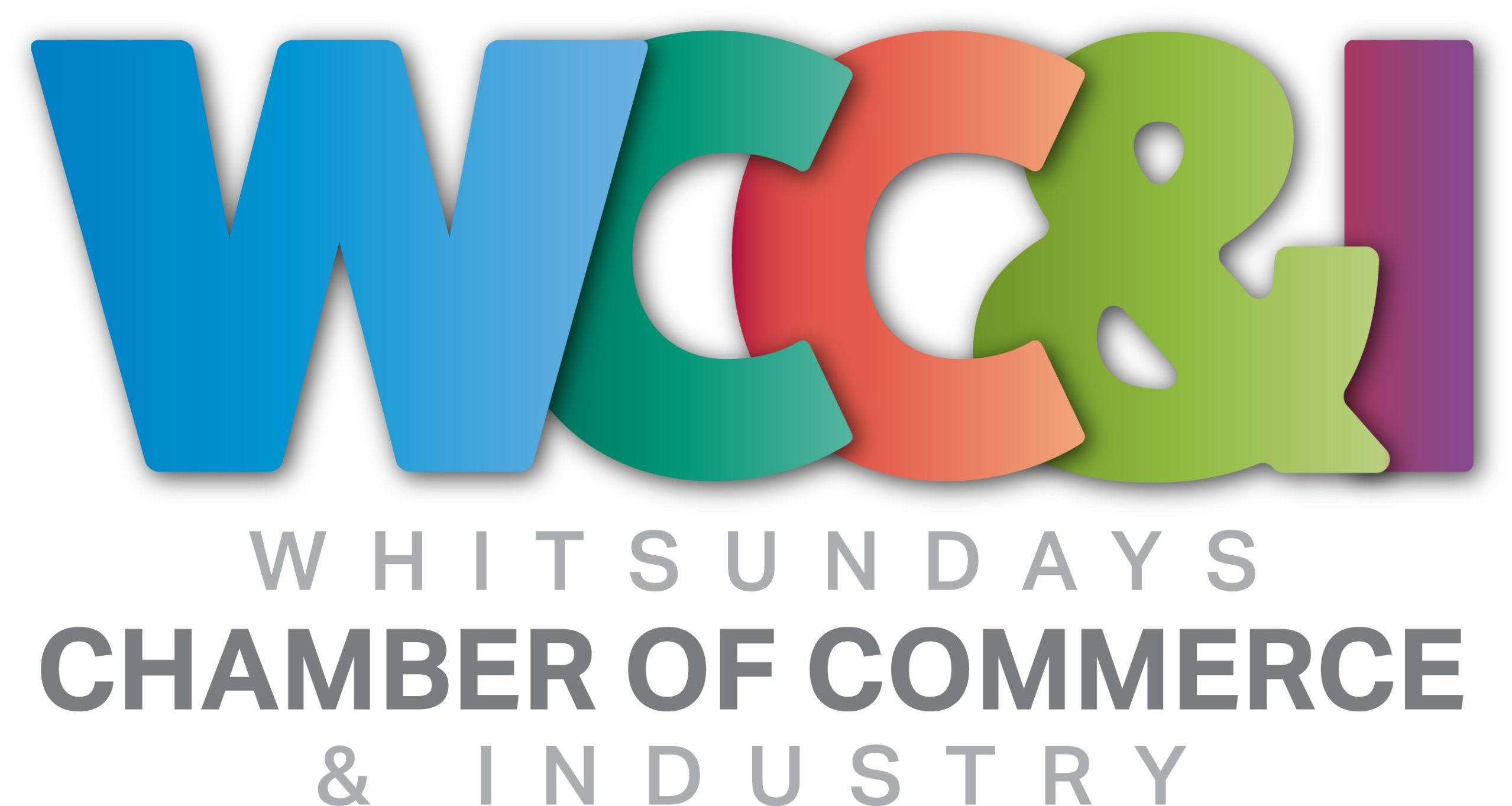This year’s Queensland state election allows the Whitsunday business community to support policy that focuses on improving the region’s critical public services such as health, education, transport, housing, and law enforcement.
There are a number of region-specific priorities the Whitsundays business community calls upon the new government to urgently address.
The Whitsundays Chamber of Commerce and Industry invited members comment on three priorities which previous governments have failed to adequately address.
Priority 1: Urgent Road Infrastructure
“The regular closure of the Bruce highway between the airport and Proserpine and the Shute Harbor Road between Airlie and Proserpine for frequent rain events is a disgrace and safety issue and a significant cost to small business.” Chamber member.
The Chamber calls upon the State Government to:
- Reinstate allocated State budget funding to road projects
- Escalate completion for a safer, connected community allowing reliable corridors for safe business and workforce movement, and supply chain logistics.
Road infrastructure quality and safety is a long-discussed topic requiring urgent action.
The Greater Whitsunday Alliance (GW3) claims that without action, road closures and stagnant investment will cost the Greater Whitsunday Region $1.4B in Gross Regional Product; $126.1 million in household wages and 2,146 full time equivalent jobs over the next 10 years (Greater Possibilities for Greater Whitsunday and Queensland report, 2024, page 5).
The Whitsundays Chamber of Commerce and Industry demands greater commitment to action to resolve these long outstanding issues.
Unresolved road issues continue to create operational inefficiencies, rising costs, and slowing economic growth with the following examples shared by our members:
- Workforce disruptions: Employees unable to reach work due to increased congestion or road closures reducing production capacity, affecting revenue and business continuity.
- Delivery and access delays: Road accidents and flooding frequently block roads disrupting supply lines. Evidence suggests some delivery companies will not deliver door-to-door preferring a central hub for collection.
- Material damages: Rough roads cause damage to raw materials and stock during transport, leading to costs for repairs and further delays in production or supply.
- Tourism impacts: The Whitsundays is promoted as an international tourism destination. The poor, unkept, and unmarked roads feeds negative publicity detrimental to the region.
The Whitsundays Chamber of Commerce and Industry demands State Government commitments for:
- Critical road infrastructure development to reduce disruptions and maintain regional competitiveness.
- Long-term strategy for the Bruce Highway between Mackay and Townsville.
- A feasibility study to evaluate the development of a loop road connection from Airlie Beach to the Bruce Highway.
The Chamber has asked each candidate to provide a formal response to this question: What action will candidates commit to urgently improve Whitsunday road infrastructure?
Priority #2: Business Insurance
“Small business struggles to find insurance cover, when they can the costs is increasing exponentially. Meanwhile the state government makes a windfall on the stamp duties generated on insurance products. Abolish stamp duties on insurance products. Support the role out of the reinsurance program.” Chamber member.
The Chamber calls upon the State Government to influence necessary change to deliver affordable and attainable insurance for regional Queensland businesses.
Insurance is not a choice, but an essential service to conduct business. Yet the insurance industry is discriminatory to the North Queensland economy.
Businesses are running the gauntlet by not taking out adequate insurance or only committing to the bare minimum insurance products.
The continued unfair and discriminatory failure within the insurance market in the region remains a significant inhibitor to economic growth adding to the cost-of-living pressures in regional Queensland. The government must act.
Chamber members shared the following examples:
- Hurdles in securing adequate business insurance with limited number of insurers willing to provide basic cover in some industries and yet at an abnormal high cost.
- In its 2021 Fact Sheet, Treasury announced that Marine Business would be included in the Government Cyclone Reinsurance Pool’s second year of operation, from 1 July 2023. Post July 2023 announcements did not include the addition of Marine Business as originally committed. The joint elect Committee for Northern Australia has been tasked with ongoing review of the scheme. Whilst inclusion of Marine Business is still on the agenda, no announcement of inclusion had been received at the time of writing this statement.
- Legislation, allowing no-win no-fee legal representation has been identified as a major cause of a spiralling injury claims which in turn is pushing premiums out of the reach of many tourism operators. State and national tourism industry associations have all joined the push for legislative change to cap claims amounts, in line with the New Zealand Adventure Tourism insurance model.
This year through a Federal Budget submission led by the Townsville Chamber of Commerce, the Whitsundays Chamber of Commerce and Industry, joined with 17 Chambers across northern Queensland to support the following recommendations:
- Abolish additional fees such as GST and stamp duty from insurance premiums.
- Make necessary amendments to the Re-insurance Pool for Cyclone and Flood Related Damage such as extending formal timeframes for ‘end of cyclone’ action and recovery, reducing cap limits for businesses, and building inclusions for agriculture business.
- Drive competition by requiring insurers to cover all of Australia, not just business insurance product in safe or low risk regions.
- Establish a national insurer that provides baseline coverage to all Australians.
The Chamber asked each candidate to provide a formal response to this question: Can you advise what action you are aware of, or willing to take, to prioritise business insurance accessibility and affordability for North Queensland?
Priority #3: Stronger Regional Influence and Representation
“This imbalanced has been around for decades. No state government will ever address this because they are too worried about their own self interest to stay in the majority.” Chamber member.
The Chamber calls on all levels of government to address the ‘southeast Queensland versus the rest of the state’ policy imbalance by increasing and better championing regional and northern Queensland.
When it comes to hearing our voices, Brisbane remains deaf to the region’s urgent needs and policy is ineffective.
The time for talk is over and action is demanded so that the economic powerhouse of north Queensland can share in the economic abundance it produces.
The perception and reality of an imbalance remains with South East Queensland benefiting primarily from State Government decisions and investment. Votes in that region seem more important to the lives and economic contribution of north Queensland communities.
Chamber members providing the following examples:
- Lack of visibility with State Government plans or outcomes for funding initiatives. The region is over-regulated with regard to the marine sector yet local voices are rarely heard in the development of policy or initiatives.
- Local businesses are competing with the local Council for State and Federal funding creating conflict. Councils may prioritise their own projects ahead of the business community. Better funding policies are required to address the needs of the business community to ensure fair competition and balanced representation.
- The privatisation of the Whitsunday Islands to overseas investors that further dilapidate and refuse to invest in those islands, create a further stranglehold on regional business voices by restricting tourism and access.
The Chamber asked candidates to provide a formal response to this question: What are your plans for the Whitsundays? What community initiatives will you support, and are you willing to advocate local issues contrary to your Party’s policy position?
Additional Issues
These three priorities were strongly supported by Chamber members, with these additional business issues for the State Government to address:
- The housing crisis in the region is compounded by policy constraints (red tape and development taxes) impacting construction. Renters and home ownership is now problematic with home ownership becoming unaffordable which also contributes to attracting quality staff.
- Strengthening water, electricity, energy, and telecommunication costs, access and reliability to better support both ‘business as usual’ and times of disruption and disaster, as well as opening the region for greater development and housing.
- Businesses are continuing to be asked to fill the government policy void for the region having to pay increased costs for red tape, and failures through rising regulatory compliance. Small businesses, with limited resources, should be able to get into business, and back to business, quickly, easily, and cost effectively and not be stifled by government.
- While the region may organically benefit from pre- or post-Olympic tourism, there are numerous opportunities for the Whitsundays to be an acclimatisation or training hub and satellite event venue for land-based and water sports (providing accommodation and skilled labour shortages can be adequately addressed).


 Notice of Annual General Meeting
Notice of Annual General Meeting